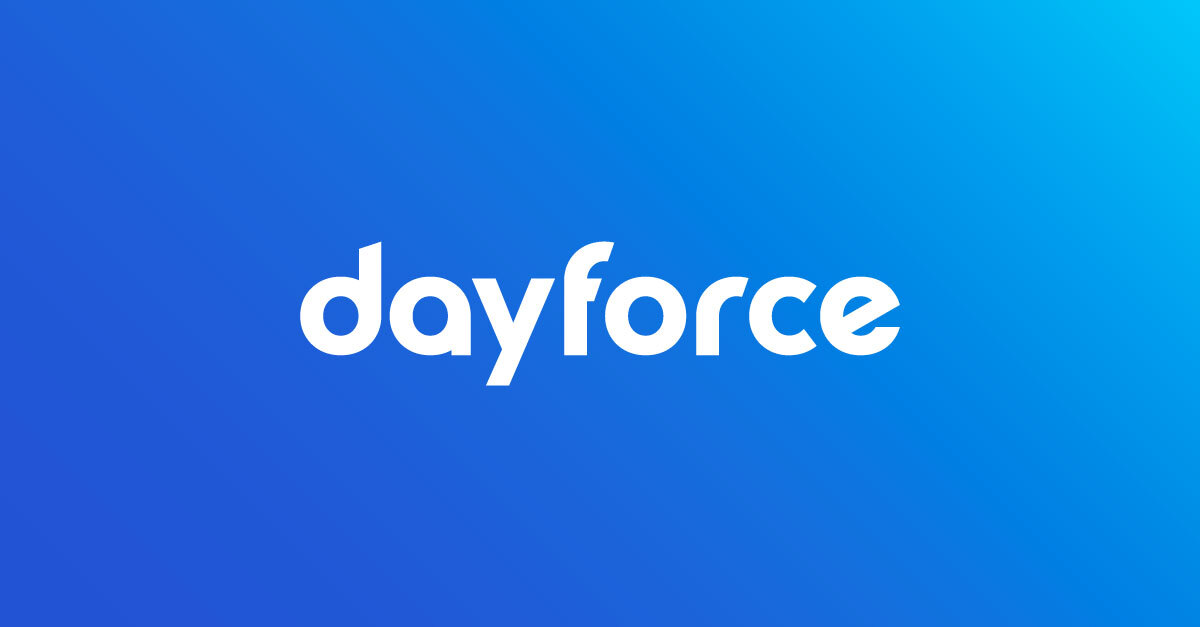Shifting to new technology? Here’s how you can help your employees prepare
Companies use technology to make their businesses more powerful and efficient. But getting employees on board can be challenging if they have concerns over how that tech will affect their jobs. Below we share top employee concerns about new tech and how to address them.

Table of Contents
Artificial Intelligence is the future of business. CRM systems, intelligent customer service solutions, marketing strategies, and competitive intelligence are all getting a boost from AI. Unfortunately, this shift can leave employees wondering what it means for them. To be clear, AI isn’t going to make humans redundant. In fact, both AI and people are critical for success. Making sure your employees understand this is essential if you’re adopting AI into your business. And to do that, you need to understand the reasons for their apprehension.
Let’s look at some common concerns employees have with adopting new tech like AI.
Redundancy
Countless articles and studies have reported that AI is going to force millions of people out of the workforce as their jobs become redundant. While it’s true that increased automation and AI enablement will replace jobs, it will also create new ones in the process. In fact, according to the World Economic Forum's "The Future of Jobs Report 2020," although AI is expected to replace 85 million jobs worldwide by 2025, it will also create 97 million new jobs during the same timeframe.
What’s more, according to The Foundation for Economic Education, technology changes “can improve people’s lives and lead to a more creative, intellectually engaged workforce. AI often means that employees can spend more time on complex tasks for which they are uniquely suited, like interacting with customers or brainstorming innovative new campaigns.”
Disruption
AI is disrupting industries in countless ways, including the very nature of business relationships themselves. One common fear associated with integrating AI into a sales or marketing funnel is the loss of the human touch between vendors, customers, and employees. And it’s not just employers who are concerned about maintaining the human experience. A 2021 study by TCN found that consumers greatly prefer human interactions in their customer experiences.
Lack of trust
Harvard Business Review notes that people require “psychological safety” in uncertain environments. “When the workplace feels challenging but not threatening, teams can sustain the broaden-and-build mode. Oxytocin levels in our brains rise, eliciting trust and trust-making behavior,” HBR adds. Unlike meeting a new team member, with whom employees can create trust through human-to-human interaction, technology adds uncertainty when it’s new and unfamiliar. Meanwhile a separate Harvard Business Review article found that when people don’t trust technology, there are low adoption rates and low results.
So how can you help your employees get over their concerns about the implications of adopting new technology?
Promote the human touch
While AI can evolve based on information and practice, it lacks the human touch. Algorithms are great when it comes to sales, marketing, customer service, and recruiting. Meanwhile humans excel at creative thinking and problem-solving, developing new strategies, delivering exceptional customer experiences, and finding new opportunities, supplemented by technology. When you give employees control over technology instead of letting it control their actions, you get the best out of both the technology and your people.
Practice transparency
AI adoption can bring out a lot of different feelings among your staff. As such, it’s crucial to be transparent with employees about the role any new technology will play in your company. If you’re implementing AI, prepare your employees for the transition process by creating a communications roadmap that addresses all potential questions and encourages discussion.
Education and training
As with any new technology, there’s an educational curve for employees. One way is for companies to pivot their training to focus on AI-related jobs. That may mean an increase in educational spending along with a feedback process that allows companies to adjust to employees’ needs.
AI isn’t going anywhere, but it’s only as good as the people who enable it. Preparing your employees means leveraging the best of both worlds — human and machine — to get the desired results for your company and your team.
You may also like:
Ready to get started?

